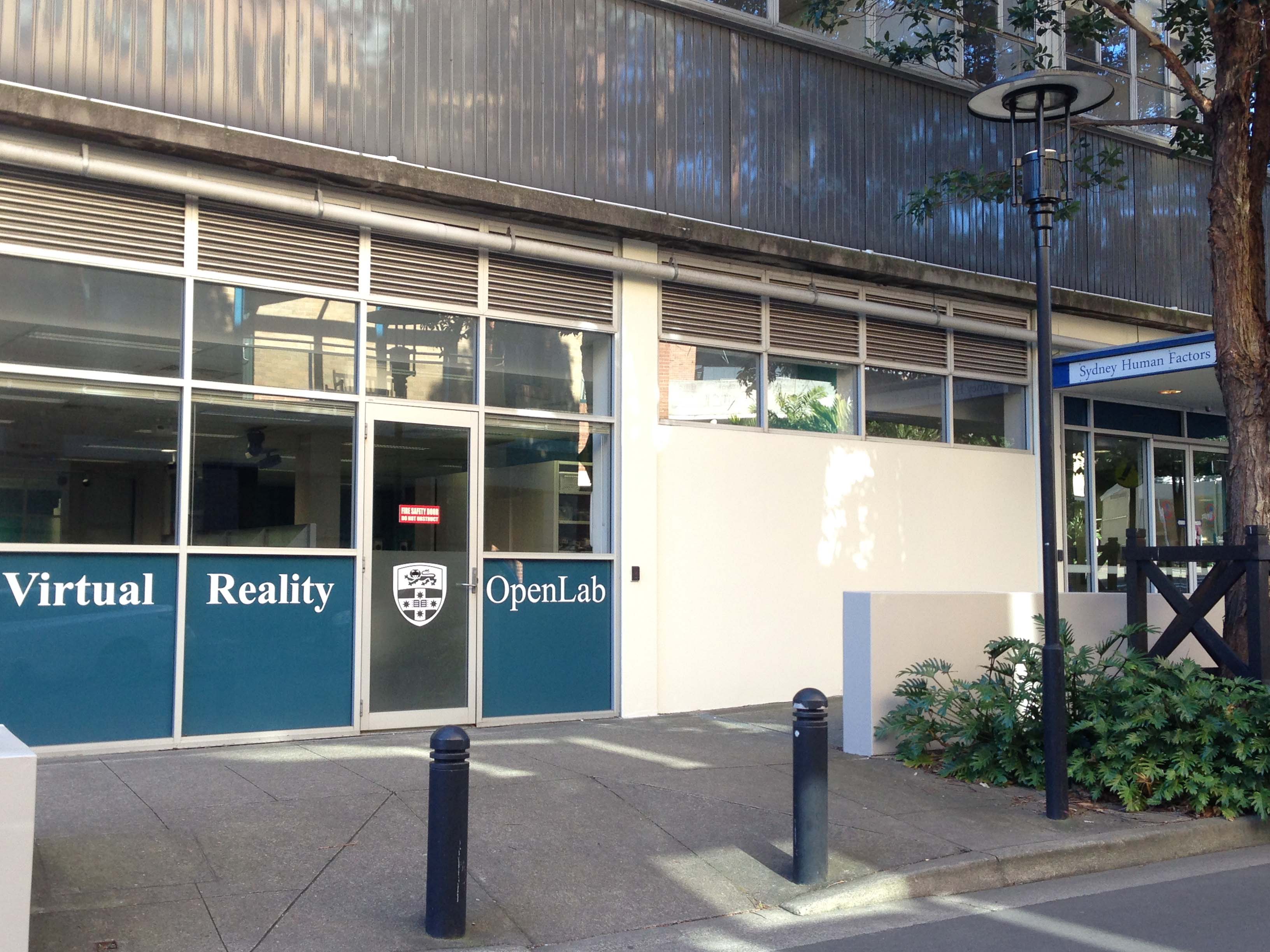Welcome to the
Sydney Human Factors Research (SHFR) website
This website includes details of past and recent research activities of the Sydney Human Factors Research Group (SHFR) at the University of Sydney, School of Psychology.
What are Human Factors?
Human Factors Research examines the relationship between humans and the systems with which we interact. The focus is on understanding dynamics and improving efficiency, effectiveness and productivity with the goal to optimizing human well-being and overall system performances.
Who we are?
Sydney Human Factors Research group (SHFR) is a team of researchers and clinicians, operating across a number of disciplines, including Physiology, Neurology, Medicine, Engineering, Information Technology and Programming.
The group’s interests include the vestibular system, motion effects and human task performance, point of regard, and a number of technological developments that intersect with these areas of research, such as wearable technologies, Virtual Reality, Augmented Reality and diagnostic tools.
The group’s past contributions to research and diagnostics have tremendously advanced our understanding of the vestibular system and form the foundation on which SHFR continues to drive scientific inquiry and innovation.
Our Vision
Understanding human factors is key to improving the well-being and performance of everyone, but is of particular relevance for chronic patients and people working in public service.
SHFR takes pride in its ability to push the boundaries of research by crafting purpose-built technologies and integrating them into the research process in ways that only a handful of institutes worldwide can. This skill-set has allowed SHFR to produce research and solutions in the form of advice, apps and tools for doctors, Australian police forces, fire fighters and NASA astronauts.
SHFR will continue to focus its efforts on researching and designing solutions that bring benefits to disadvantaged people in particular and the wider community in general.
Discover more about our History, our Team, and our Collaborators.
For more information on SHFR projects and research see here.

